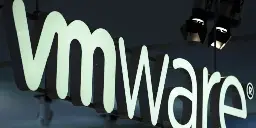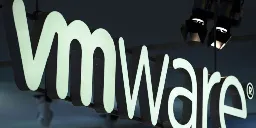Broadcom ends VMware perpetual license sales, testing customers and partners
Broadcom ends VMware perpetual license sales, testing customers and partners

arstechnica.com
Broadcom ends VMware perpetual license sales, testing customers and partners


